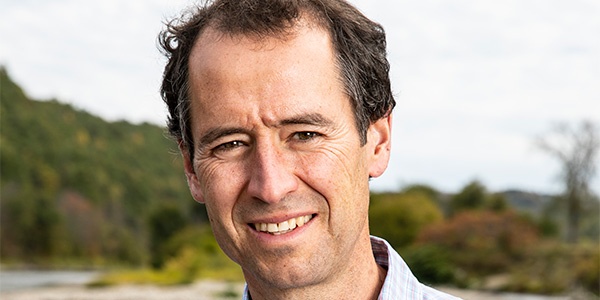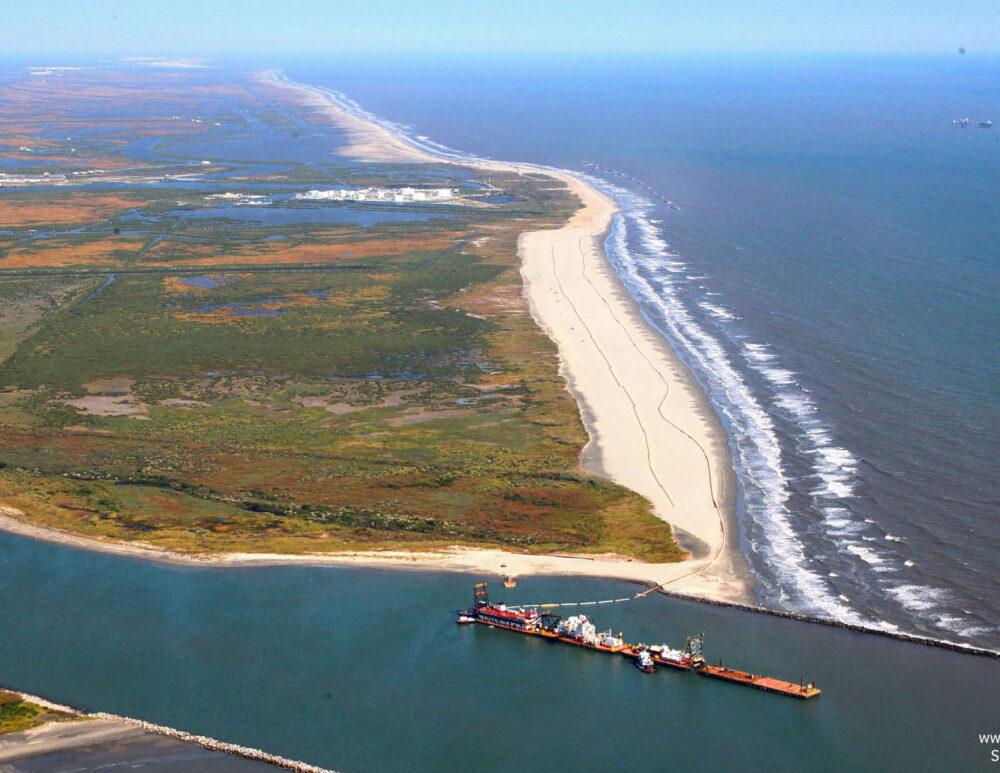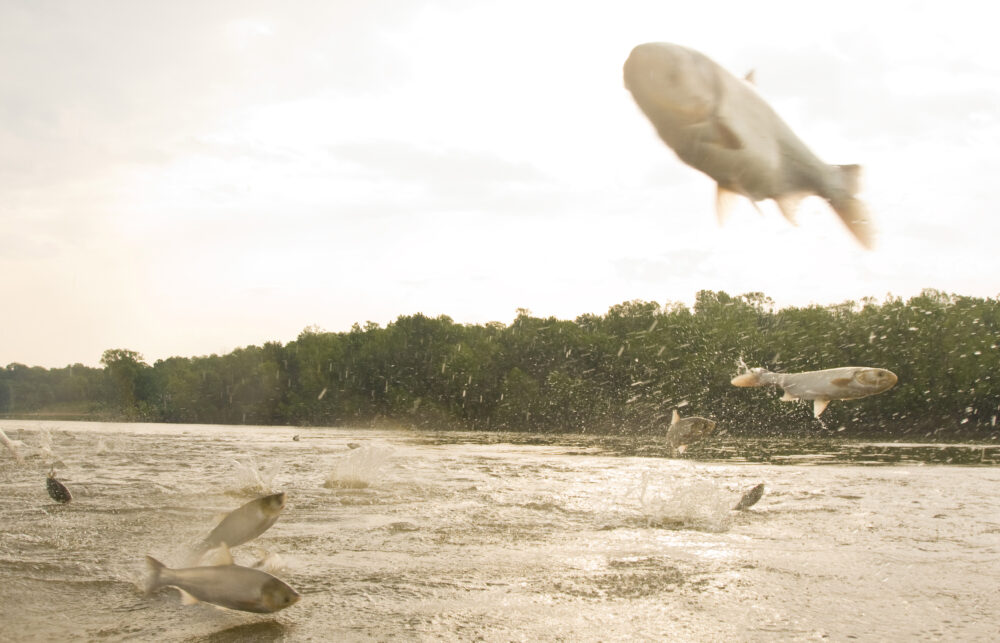We have much more to do and your continued support is needed now more than ever.
Halting Tar Sands Transport in the Northeast
Decision Provides Hope to Protect Lake Champlain and Hudson River from Tar Sands
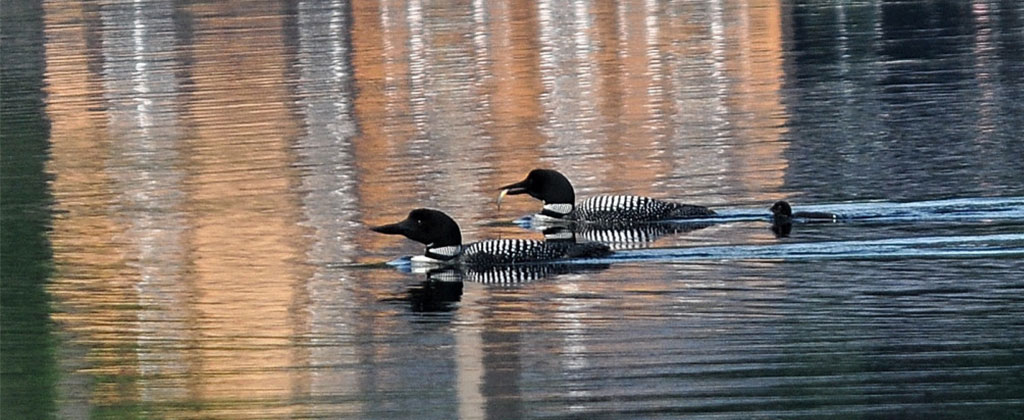
Retweet the following tweet to show your support for NYDEC’s decision:
Thank you NYDEC for requiring strict review of proposal for #tarsands oil by rail through #NY! https://t.co/RlcHk9pKb5 pic.twitter.com/76aYVYIvyd
— Wildlife Action (@wildlifeaction) September 22, 2016
As part of the application, Global is seeking an upgrade that would allow it to accept tar sands oil from oil trains currently carrying crude into Albany along the shores of Lake Champlain, the Hudson River and also from western New York. Without the upgrade, it is extremely hard to load the asphalt like tar sands onto barges for shipment down the Hudson River to refineries and beyond.
Threat to Lake Champlain and the Hudson
Each week, up to tens of millions of gallons of oil carried by tin-can thick rail cars roll along aging bridges and a rail line that at points runs right along the shores of Lake Champlain and the Hudson River for shipment from Albany. Right now, most of this crude is fracked lighter crude derived from the Bakken fields of the Great Plains. But industry would like to expand the market access for dangerous Canadian tar sands as well – the thick, nearly impossible to clean up crude scraped and drilled from boreal forests of Alberta. As such, it is seeking an upgrade to allow it to load tar sands from trains onto tankers at the port of Albany.
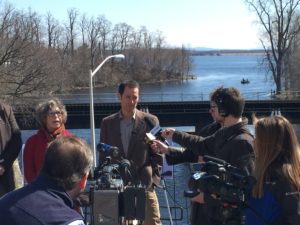
While existing oil-by-rail shipments are already unnecessarily imperiling these resources, tar sands shipments would add another serious threat to the region. Tar sands is responsible for the worst on-shore oil spill in America – the 2010 disaster that spilled almost a million gallons of tar sands into the Kalamazoo river, an accident that harmed countless wildlife and pollutes sections of the river to this day.
The region is united in its desire to remove the threat of dangerous oil and tar sands transport by rail. Given the extreme value of the lake and river to the region’s economy and wildlife, the National Wildlife Federation and its affiliates Environmental Advocates of New York and Vermont Natural Resources Council have teamed with about 80 businesses, area leaders and organizations in requesting that Congress ban dangerous crude shipments by rail long the lake and river.
A Thorough Review
Listening to concerns expressed by the National Wildlife Federation, Environmental Advocates of New York and a host of other groups concerned about the resources and communities impacted – many of them lower income communities in Albany – the DEC will require a comprehensive review process with public comment and hearings promised.
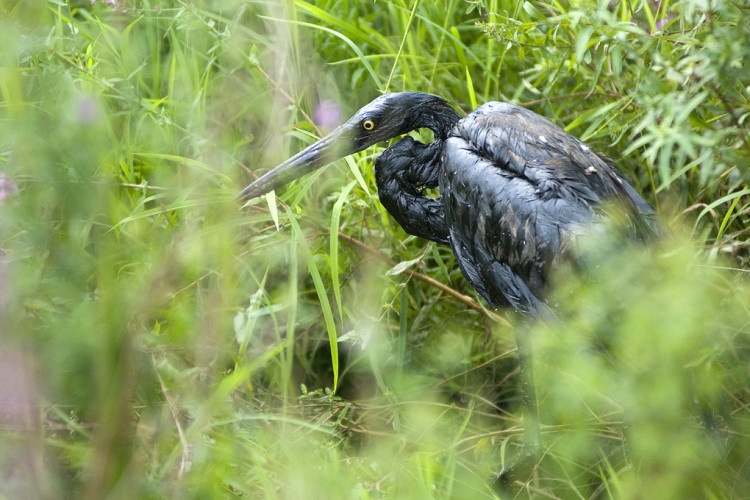
The review will look at important issues that, given commitments by New York State to reduce carbon pollution and protect communities, will make it very hard for tar sands to be approved. For example, DEC will require an evaluation of:
- Noise and odor impacts to the adjacent community.
- Spills and fire concerns.
- Potential for increased greenhouse gas emissions associated with the processing of crude oil derived from tar sands.
- Potential inconsistency with the Albany’s waterfront revitalization plans.
This is review is line with what groups like NWF and EANY have demanded. We will engage in this process vigorously to ensure NYDEC reaches the right result and tar sands crude is not allowed to roll through our region and threaten our wildlife treasures.

